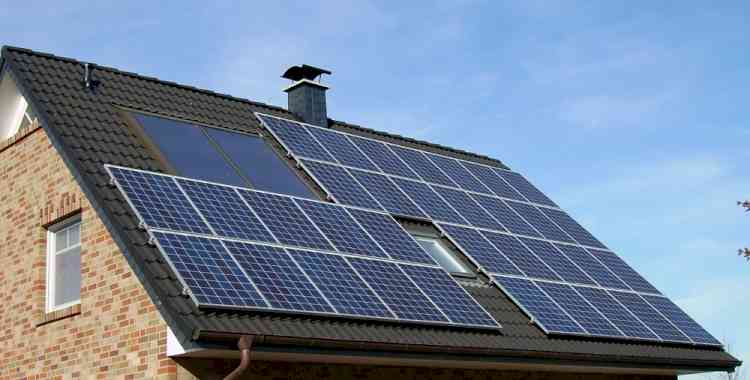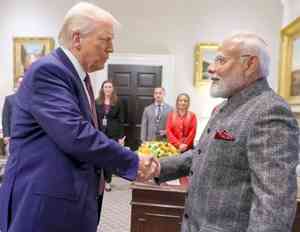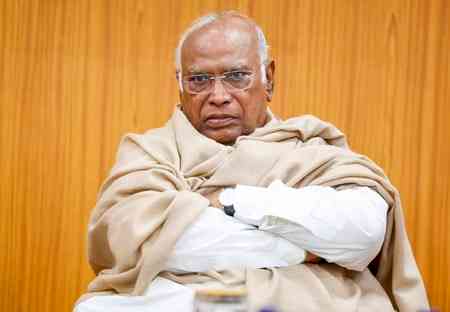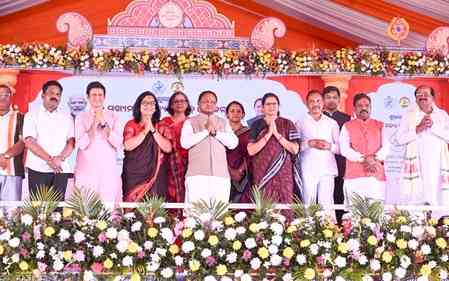Rooftop solar programme approved in J&K
The Jammu and Kashmir Administrative Council (AC), which met under the chairmanship of Lieutenant Governor Manoj Sinha, approved the installation of 200 MW of grid-tied rooftop solar power plants under the 'Solar City Mission' in Jammu, officials said on Saturday.

Jammu, June 11 (IANS) The Jammu and Kashmir Administrative Council (AC), which met under the chairmanship of Lieutenant Governor Manoj Sinha, approved the installation of 200 MW of grid-tied rooftop solar power plants under the 'Solar City Mission' in Jammu, officials said on Saturday.
The decision has been made to implement the Government of India's Grid-connected Rooftop Solar Scheme Phase-II for the residential sector in Jammu and Kashmir to ensure that the power needs of the city are fully met from solar energy.
Under the project, 200 MW grid-tied rooftop solar power plants will be installed on 50,000 residential buildings in Jammu by the J&K Energy Development Agency (JAKEDA) under its 'Solar City Mission' at an estimated cost of Rs 1,040 crore. The project will be completed by March 2024 and will have a shelflife of 25 years.
The rooftop solar programme will provide subsidised installation of solar power panels on residential houses at the cost of Rs 58,739, Rs 53,995, Rs 52,594, and Rs 51,309 for Category-A (Up to 1 kW), Category-B (1 kW to 2 kW), Category-C (2kW up to 3 kW), and Category-D (3 kW up to 10 kW), respectively.
The central sector scheme provides a central subsidy component of 40 per cent of the project cost and a state subsidy component of 25 per cent of the project cost for the installation of solar power panels below 3 kW capacity, beyond which the central subsidy component remains at 20 per cent. The subsidy will be provided to the beneficiaries through the DBT mode.
These rooftop solar power plants will be connected to the grid on a net metering basis. The investments made by the beneficiaries will be recovered at a rate of 25 per cent annually on account of the saving of energy, with a payback period of approximately four years.
With the implementation of the project, J&K will benefit from the generation of approximately 280 million units of energy annually, with a corresponding reduction in carbon emissions of approximately 5.44 million tons, besides reaping gains from savings on account of inter-state transmission losses to the tune of 224 million units.
The generation of solar energy through the rooftop solar programme will also help the energy-deficit UT of J&K in supplementing its energy needs, while assisting the DISCOMs in achieving the Renewable Purchase Obligation (RPO) targets of 10.5 per cent as fixed by the Government of India.



 IANS
IANS 










